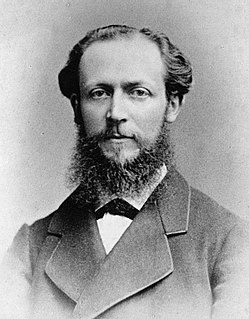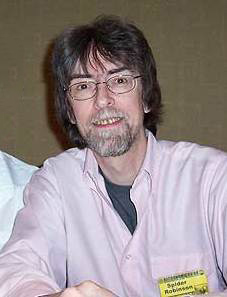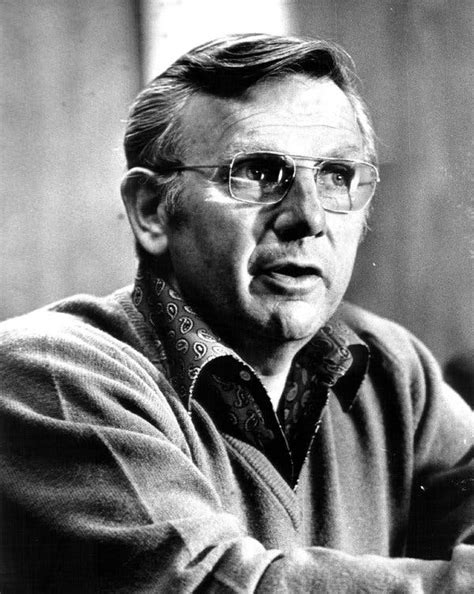A Quote by Noam Chomsky
As soon as questions of will or decision or reason or choice of action arise, human science is at a loss.
Related Quotes
In that inevitable, excruciatingly human moment, we are offered a powerful choice. This choice is perhaps one of the most vitally important choices we will ever make, and it determines the course of our lives from that moment forward. The choice is this: Will we interpret this loss as so unjust, unfair, and devastating that we feel punished, angry, forever and fatally wounded-- or, as our heart, torn apart, bleeds its anguish of sheer, wordless grief, will we somehow feel this loss as an opportunity to become more tender, more open, more passionately alive, more grateful for what remains?
Would there not be the greatest reason to apprehend, that error in the first sentence would be the parent of error in the second sentence? That the strong bias of one decision would be apt to overrule the influence of any new lights, which might be brought to vary the complexion of another decision? Those, who know any thing of human nature, will not hesitate to answer these questions in the affirmative.
This is what it is to be human: to see the essential existential futility of all action, all striving -- and to act, to strive. This is what it is to be human: to reach forever beyond your grasp. This is what it is to be human: to live forever or die trying. This is what it is to be human: to perpetually ask the unanswerable questions, in the hope that the asking of them will somehow hasten the day when they will be answered. This is what it is to be human: to strive in the face of the certainty of failure. This is what it is to be human: to persist.
I have a lifetime 100% pro-choice voting record. I understand that people disagree on this issue, but I believe that it is a woman's decision, it's a difficult decision, but it's a decision between her and her physician. I will do everything that I can in 50 states of this country to make sure that women have a choice.
Science talks about very simple things, and asks hard questions about them. As soon as things become too complex, science can't deal with them... But it's a complicated matter: Science studies what's at the edge of understanding, and what's at the edge of understanding is usually fairly simple. And it rarely reaches human affairs. Human affairs are way too complicated.
Science fiction is any idea that occurs in the head and doesn't exist yet, but soon will, and will change everything for everybody, and nothing will ever be the same again. As soon as you have an idea that changes some small part of the world you are writing science fiction. It is always the art of the possible, never the impossible.
The greatest achievements in the science of this [twentieth] century are themselves the sources of more puzzlement than human beings have ever experienced. Indeed, it is likely that the twentieth century will be looked back at as the time when science provided the first close glimpse of the profundity of human ignorance. We have not reached solutions; we have only begun to discover how to ask questions.
Epistemology now flourishes with various complementary approaches. This includes formal epistemology, experimental philosophy, cognitive science and psychology, including relevant brain science, and other philosophical subfields, such as metaphysics, action theory, language, and mind. It is not as though all questions of armchair, traditional epistemology are already settled conclusively, with unanimity or even consensus. We still need to reason our way together to a better view of those issues.
The loss of the religious understanding of the human condition—that Man is a fallen creature for whom virtue is necessary but never fully attainable—is a loss, not a gain, in true sophistication. The secular substitute—the belief in the perfection of life on earth by the endless extension of a choice of pleasures—is not merely callow by comparison but much less realistic in its understanding of human nature.





































